Introduction
Understanding Belgian Sheepdog Temperament is essential for potential dog owners
- Known for their intelligence, Belgian Sheepdogs are highly trainable and alert
- Their protective nature makes them excellent guard dogs and loyal companions
- Belgian Sheepdogs are energetic, requiring regular exercise and mental stimulation
- Socialization from a young age helps manage their strong-willed and independent traits
- These dogs form deep bonds with their families, showcasing affectionate behaviors
1. Intelligence and Trainability
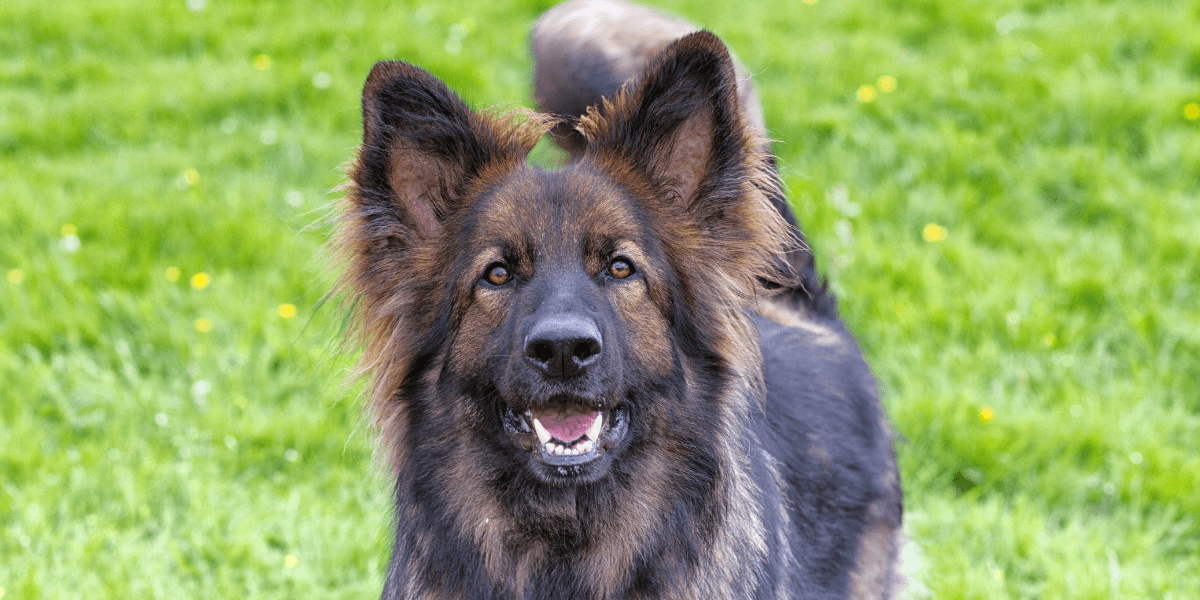
Belgian Sheepdogs are renowned for their intelligence, ranking among the smartest dog breeds.
- Quick Learners: Belgian Sheepdogs excel in obedience training
- Eager to Please: Their strong desire to please their owners makes training sessions enjoyable
- Socialization: Early socialization helps Belgian Sheepdogs become well-rounded pets
- Positive Reinforcement: Using positive reinforcement techniques, such as treats
- Stimulation: Incorporate puzzle toys and training games to keep their minds engaged
- Consistency: Consistent training and clear commands help them understand expectations
2. Loyalty and Protective Instincts
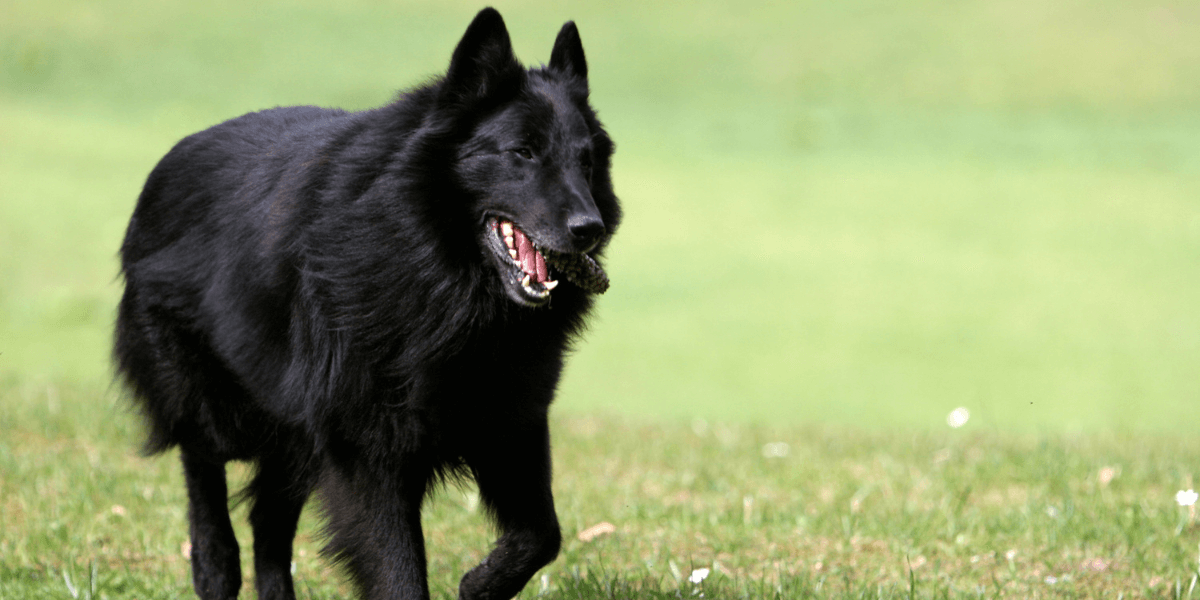
One of the most endearing traits of Belgian Sheepdogs is their loyalty.
- Strong Family Bonds: Belgian Sheepdogs thrive on being part of the family
- Protective Nature: Their natural protective instincts make them vigilant guardians of their home
- Alertness: They are highly alert and will quickly notify you of any unusual activity
- Gentle with Family: While protective, they are gentle and affectionate with family members
- Socialization: Early socialization helps them differentiate between friend and foe
- Training: If desired, their protective instincts can be harnessed through specialized training
3. Energy Levels and Exercise Needs
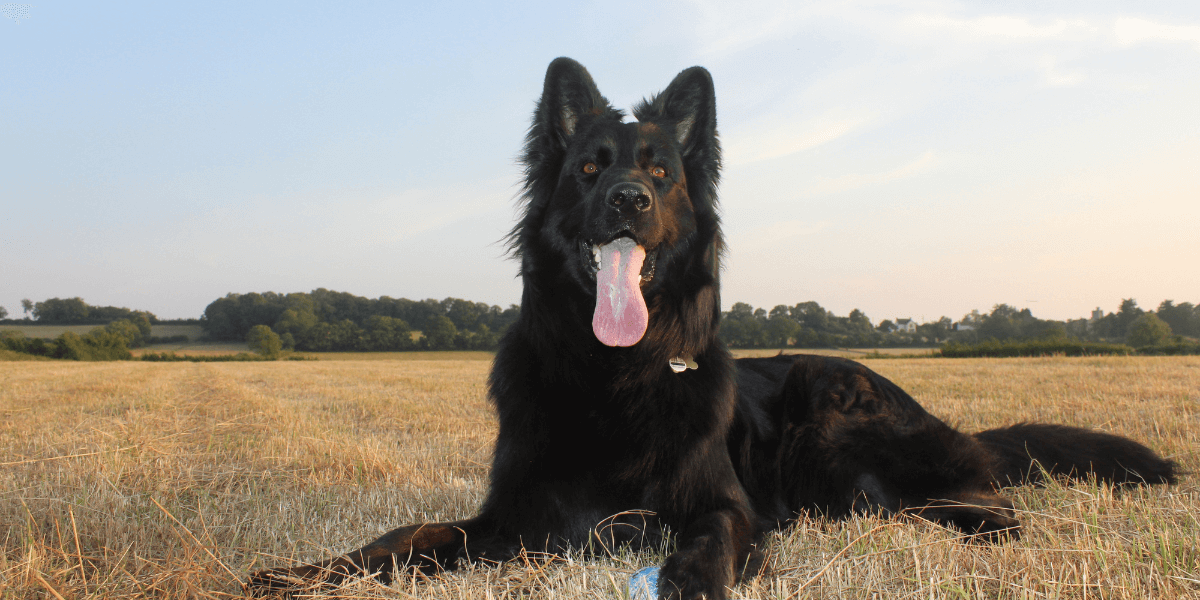
Regular exercise is crucial to prevent boredom and associated behavioral problems.
- Daily Exercise: Aim for at least 1-2 hours of exercise daily, including walks and playtime
- Agility Training: They excel in agility training
- Interactive Play: Engage them in games like fetch or frisbee to burn off energy
- Outdoor Adventures: They enjoy outdoor activities such as hiking
- Mental Challenges: Incorporate training sessions and interactive toys
- Consistent Routine: Maintain a consistent exercise routine to keep them physically fit
4. Socialization and Interaction
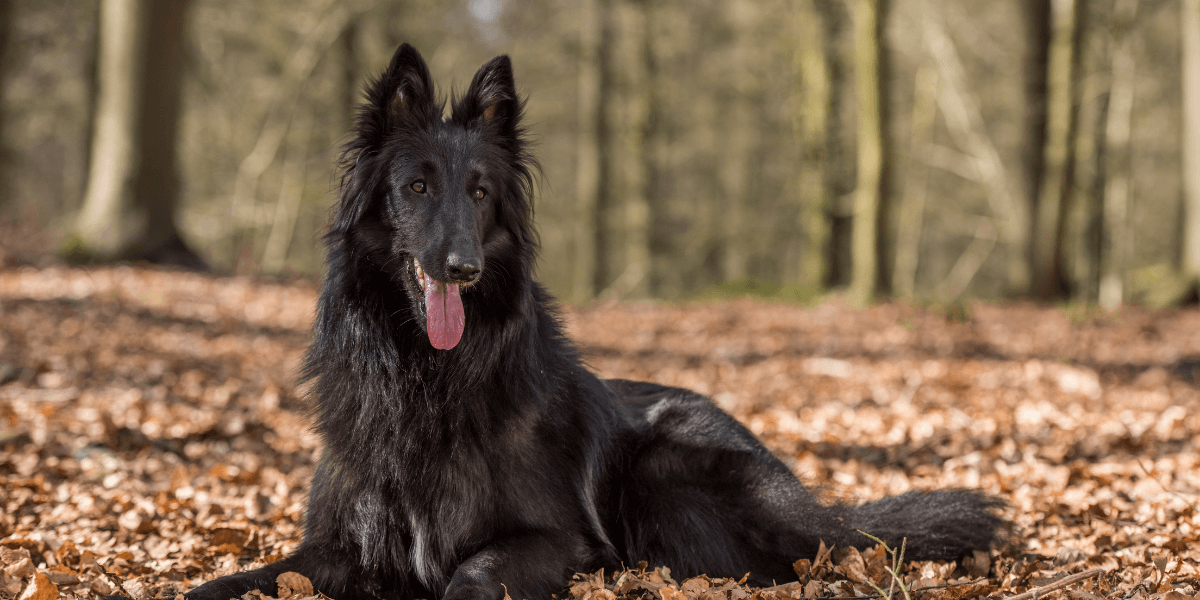
Belgian Sheepdogs are social animals that thrive on interaction with people and other animals.
- Puppy Socialization: Introduce them to various environments, people, and other dogs
- Experiences: Ensure that all interactions are positive to foster a friendly
- Playdates: Arrange playdates with other dogs to help them develop good canine social skills
- Training: Enroll in puppy training classes to expose them to new experiences
- Family Time: Include them in family activities to strengthen their bond with all family members
- Exposure to Sounds: Gradually expose them to different sounds and sights
Discover common health issues in German Shepherds to ensure your Belgian Sheepdog stays healthy.
5. Grooming and Maintenance
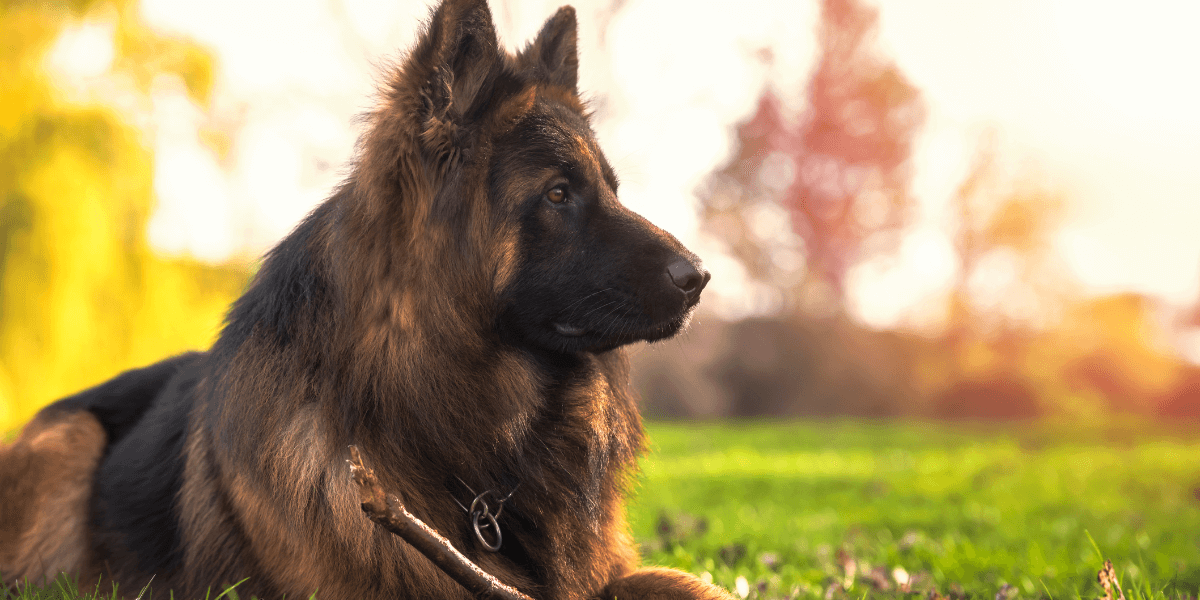
Proper grooming also helps minimize shedding and maintain their sleek appearance.
- Regular Brushing: Brush their coat at least once a week to remove loose hair
- Seasonal Shedding: Be prepared for increased shedding during seasonal changes
- Bathing: Bathe them as needed, typically every few months, to keep their coat clean
- Ear Care: Check and clean their ears regularly to prevent infections
- Nail Trimming: Trim their nails regularly to prevent overgrowth and associated discomfort
- Dental Hygiene: Brush their teeth regularly to maintain good oral health
6. Common Behavioral Traits
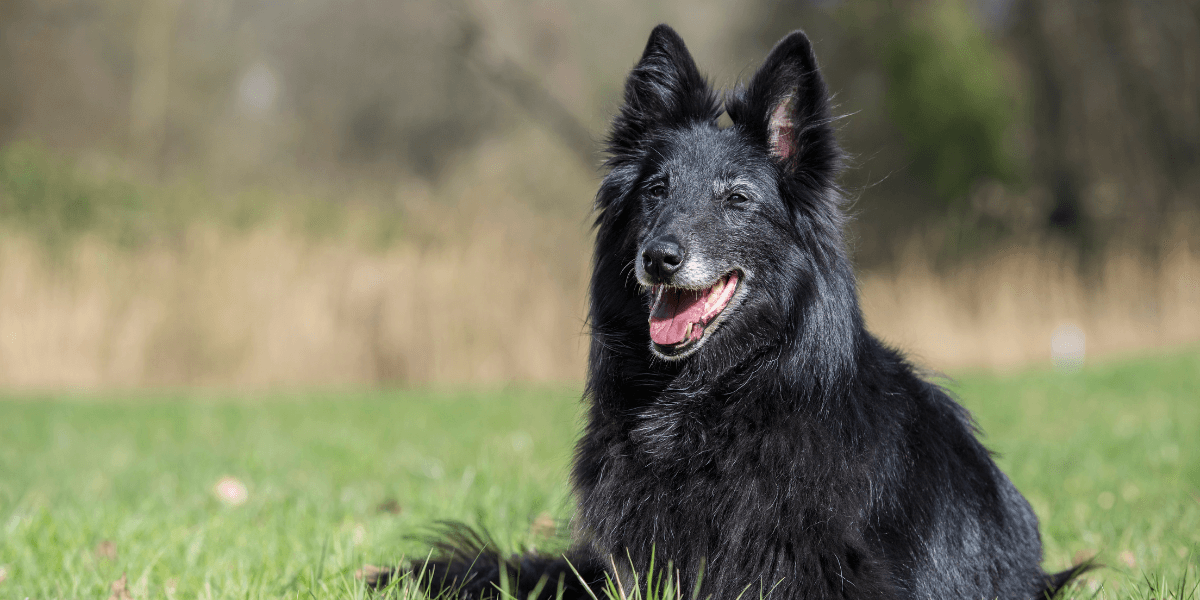
Understanding common behavioral traits of Belgian Sheepdogs helps you anticipate.
- Alertness: Their natural alertness makes them excellent watchdogs
- Separation Anxiety: They can develop separation anxiety if left alone for long periods
- Playful Nature: Their playful demeanor encourages interactive play, fostering strong bonds
- Herding Instincts: Their herding background may lead them to herd children or other pets
- Stubbornness: They can be stubborn at times, requiring patience and consistent training methods
- Sensitivity: They are sensitive to their owner's emotions and respond well to gentle guidance
- Boredom: Prevent boredom by providing ample physical and mental stimulation
Explore German Shepherd training techniques to enhance your Belgian Sheepdog's behavior.
7. Health and Well-Being
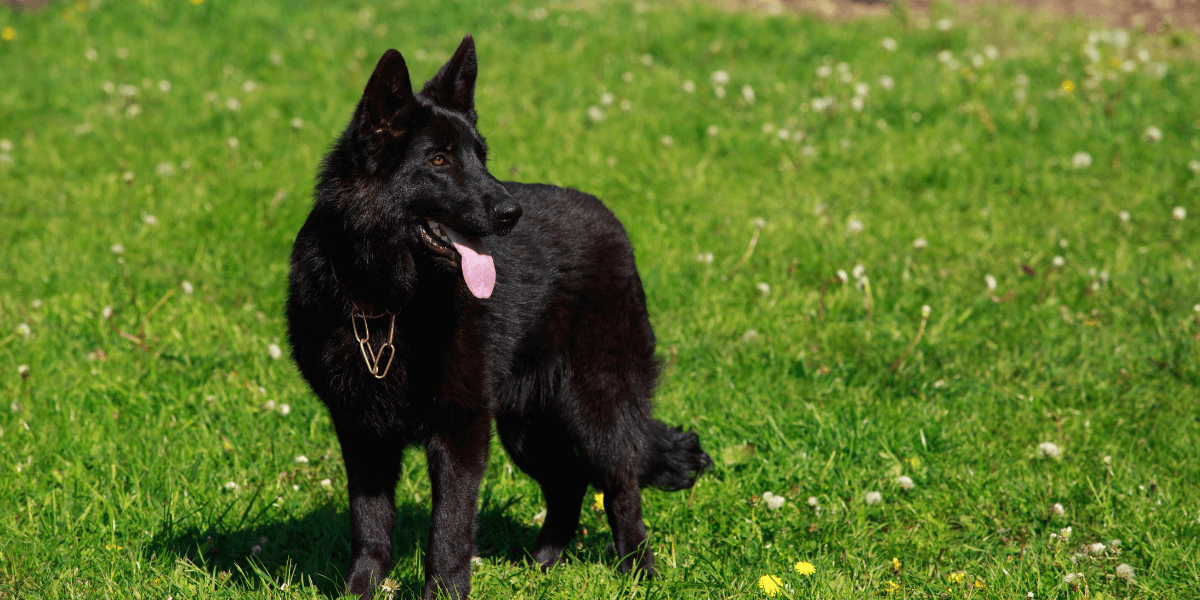
Ensuring the health and well-being of your dog involves regular veterinary care.
- Vet Visits: Schedule regular check-ups with the veterinarian
- Balanced Diet: Provide a high-quality, balanced diet to support their energy levels
- Vaccinations: Keep their vaccinations up to date to protect them from common diseases
- Exercise Needs: Ensure daily exercise to promote physical health
- Joint Health: Monitor for signs of joint issues, such as hip dysplasia
- Weight Management: Maintain a healthy weight through proper diet and regular exercise
- Dental Care: Regular dental check-ups and cleanings help prevent oral health issues
Learn about hip dysplasia prevention in Great Danes to protect your Belgian Sheepdog's joints.
FAQs
1. Is the Belgian Sheepdog good with kids?
-
Yes, they are friendly and protective
2. Are Belgian Sheepdogs easy to train?
-
Yes, they are intelligent and eager to please
3. Do Belgian Sheepdogs bark a lot?
-
They can be vocal, especially as watchdogs
4. Are Belgian Sheepdogs aggressive?
-
No, but they are protective and alert
5. What is the Belgian Sheepdog Temperament like?
-
Loyal, intelligent, and energetic
6. Do Belgian Sheepdogs get along with other pets?
-
Yes, with proper socialization
7. How much exercise do Belgian Sheepdogs need?
-
They need daily physical and mental activity
Conclusion
- Understanding Belgian Sheepdog Temperament helps ensure a happy, well-adjusted pet
- Their intelligence and trainability make them excellent working and companion dogs
- Regular exercise and mental stimulation are crucial for their well-being
- Early socialization is key to managing their protective and independent nature
- Embrace the unique Belgian Sheepdog Temperament for a fulfilling pet ownership experience
Please share it with fellow dog enthusiasts and leave a comment with your experiences!
References
For more information on Belgian Sheepdog Temperament, check:
- Belgian Sheepdog Dog Breed Information and Personality Traits
- Is the Belgian Sheepdog a Good Fit for You?
- Belgian Sheepdog Temperament
- Orthopedic Dog Beds for Large Dogs: A Comprehensive Guide
- Orthopedic Dog Beds: Help for Senior Dog Arthritis?
- Top Orthopedic Beds for Large Dogs with Hip Dysplasia
Thank you!



